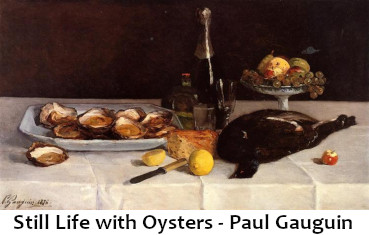Don Marquis? Christopher Morley? Anonymous?
Question for Quote Investigator: Crafting a bright witticism or a clever aphorism is a difficult task especially for a writer who is facing a tight deadline. One strategy is described as follows:
Stroke a platitude until it purrs like an epigram.
This remark has been ascribed to Don Marquis who was a popular columnist and storyteller based in New York City. Would you please explore this saying?
Reply from Quote Investigator: Don Marquis wrote a daily column called “The Sun Dial” for “The Evening Sun” of New York for more than a decade. He also wrote for other papers such as “The New York Herald Tribune” and the “Buffalo Evening News”. However, some of his writings have not yet been digitized which impedes research.
The earliest match located by QI appeared as a short item in a Hutchinson, Kansas newspaper in February 1921. The term “paragraphing” meant composing stylish and entertaining paragraphs for periodicals. Boldface added to excerpts by QI:1
Don Marquis who really should know, says the art of newspaper paragraphing “consists of stroking a platitude until it purrs like an epigram.”
This citation provides indirect evidence. And QI currently believes Marquis is the most likely creator of the saying. A matching expression occurred directly in a column by Marquis by 1925, and he sometimes repeated sayings in his columns. Interestingly, the saying was also used by his friend and fellow journalist Christopher Morley who did not credit Marquis.
Below are additional selected citations in chronological order.
Continue reading “Quote Origin: Paragraphing Consists of Stroking a Platitude Until It Purrs Like an Epigram”







